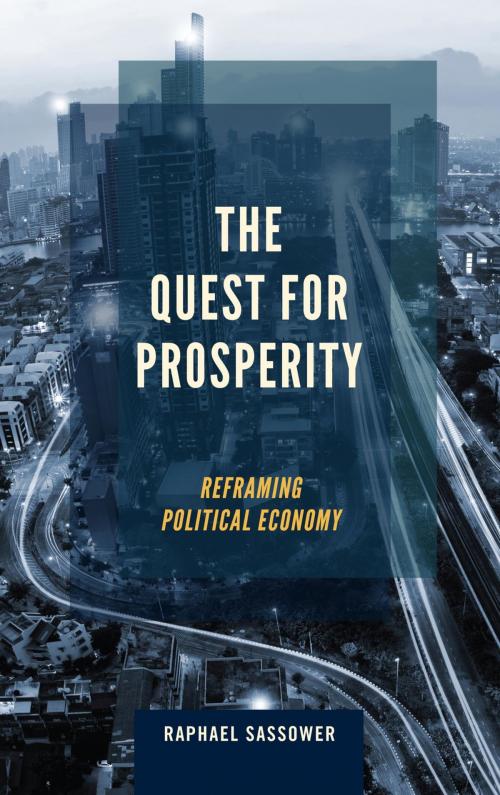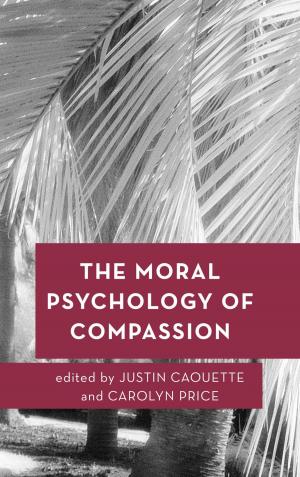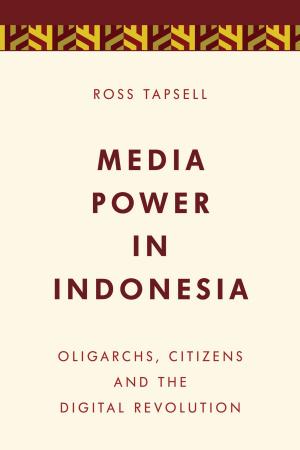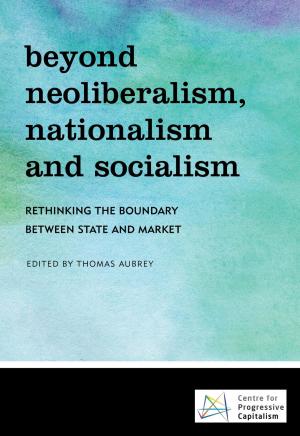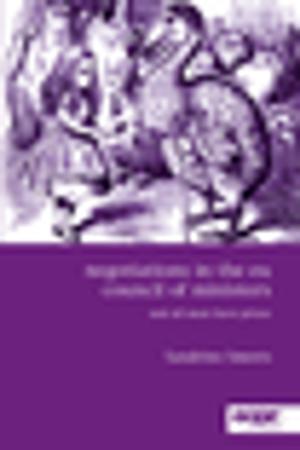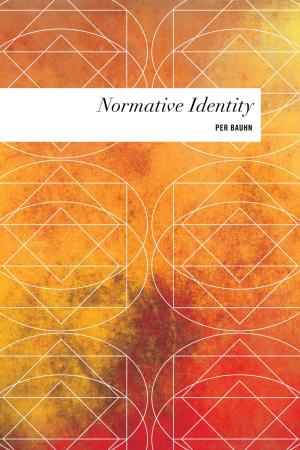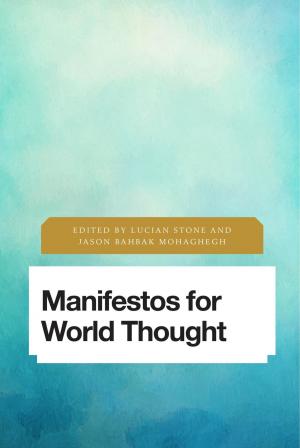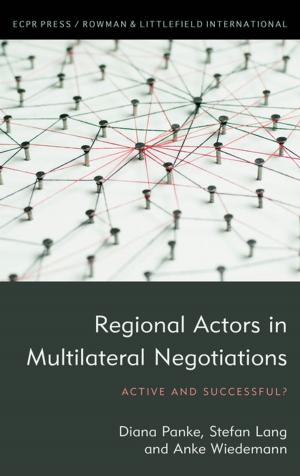The Quest for Prosperity
Reframing Political Economy
Nonfiction, Social & Cultural Studies, Political Science, Politics, Economic Conditions| Author: | Raphael Sassower, Professor and Chair of Philosophy, University of Colorado | ISBN: | 9781783489312 |
| Publisher: | Rowman & Littlefield International | Publication: | October 11, 2017 |
| Imprint: | Rowman & Littlefield International | Language: | English |
| Author: | Raphael Sassower, Professor and Chair of Philosophy, University of Colorado |
| ISBN: | 9781783489312 |
| Publisher: | Rowman & Littlefield International |
| Publication: | October 11, 2017 |
| Imprint: | Rowman & Littlefield International |
| Language: | English |
Envisioning a different mode of economic relations requires a rethinking of the classical frames of references we commonly take for granted. The implicit assumptions that we carry into critical debates are the stumbling blocks for finding useful solutions to age-old economic problems. And these impediments constrict our political imagination.
This book asks what are these frames of references? How many of them are worthy of retaining, while others might be discarded? And what new framings should be adopted in order to bring about a less crisis-prone and morally acceptable mode of human interaction?
Each chapter interrogates a different frame of reference, including culturally-embedded concepts of human nature, scarcity and abundance, markets, and the human condition. Examining their historical anchoring and the ways in which they have become confining for the realities of the postmodern world in which we currently live, it is shown that they have become so familiar that they are assumed rather than critically examined in most discussions of political economy.
Envisioning a different mode of economic relations requires a rethinking of the classical frames of references we commonly take for granted. The implicit assumptions that we carry into critical debates are the stumbling blocks for finding useful solutions to age-old economic problems. And these impediments constrict our political imagination.
This book asks what are these frames of references? How many of them are worthy of retaining, while others might be discarded? And what new framings should be adopted in order to bring about a less crisis-prone and morally acceptable mode of human interaction?
Each chapter interrogates a different frame of reference, including culturally-embedded concepts of human nature, scarcity and abundance, markets, and the human condition. Examining their historical anchoring and the ways in which they have become confining for the realities of the postmodern world in which we currently live, it is shown that they have become so familiar that they are assumed rather than critically examined in most discussions of political economy.
